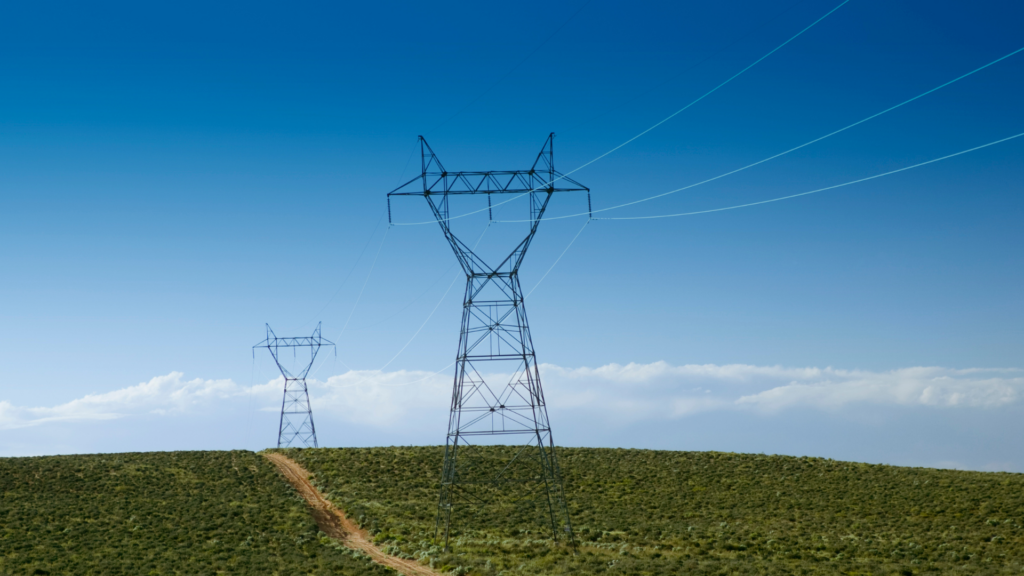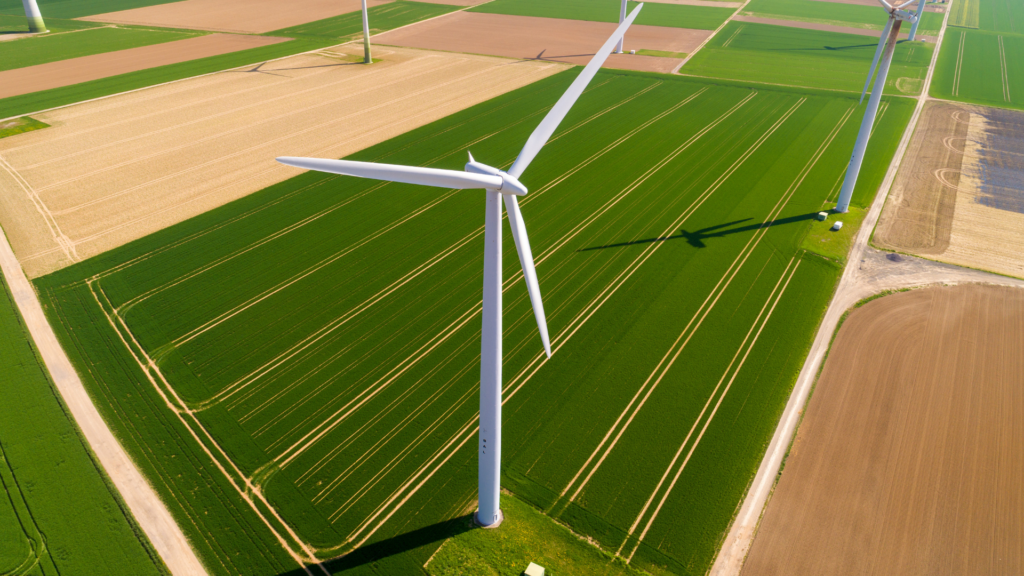April 2020 / Policy Papers
Energy Storage and the Alternative Fuels Infrastructure Directive

In 2013, the European Commission (EC) Communication “Clean Power for Transport: A European Alternative Fuels Strategy” stressed the need to reduce Europe’s dependence on oil imports from third countries. In pursuit of this objective, the Communication identifies electricity, hydrogen, biofuels, natural gas, and liquefied petroleum gas as alternative fuels (AFs) which can act as a substitute for oil in the transport sector. The Commission’s Communication advocated for the development of AF infrastructure to support the market uptake of alternative vehicles. As a consequence, the Alternative Fuels Infrastructure Directive was adopted in 2014. It requires, among others, that Member States assess the current and future development of the AF market and set national targets for recharging infrastructure.
The 2050 long-term decarbonisation strategy, published by the European Commission in 2018, assesses different pathways for the EU to achieve greenhouse gas emissions reductions starting from 80% reduction and going up to net-zero greenhouse gas emissions by 2050. To reduce emissions and meet its 2050 targets, we believe that the EU should intensify its efforts in promoting net-zero transport solutions, since the transport sector is the only EU sector in which greenhouse gas emissions have risen since 1990. To this end, the Alternative Fuels Infrastructure (AFI) Directive should exclusively focus on new emerging transport means, mainly BEVs and FCEVs, in order to support the 2050 decarbonisation targets.
E-mobility is one of the key options to decarbonise the transport sector, and it can be complemented by other solutions that rely on existing supply infrastructures, such as synthetic green fuels, which can be produced large-scale at competitive costs.
As the representative of the energy storage industry in Europe, and as explained in EASE’s “Energy Storage for a Decarbonised Europe by 2050” paper, EASE is committed to supporting the transition to clean mobility. Stationary and mobile storage can play an important role in facilitating the rapid and efficient decarbonisation of the mobility sector. EASE’s position paper on energy storage and mobility introduced a number of general principles that should be implemented at EU level to support the roll-out of electric vehicles (EVs). It also explains how energy storage systems can reduce the cost of this roll-out by coupling the energy and transport sectors.
We believe that the role of energy storage in supporting the efficient roll-out of charging infrastructure should not be underestimated. In light of the foreseen evaluation of the AFI Directive, EASE is putting forward recommendations on how the Directive could be revised in order to address the current gaps in the legislation and support the further uptake of EVs, assisting in the decarbonisation of the European economy, and allowing energy storage to reach its full potential in terms of supporting EV deployment and integration into the grid. Electromobility can play a key role in meeting the EU’s new CO2 regulations for 2025 and 2030: it is paramount to design an appropriate legislative framework able to foster it.




